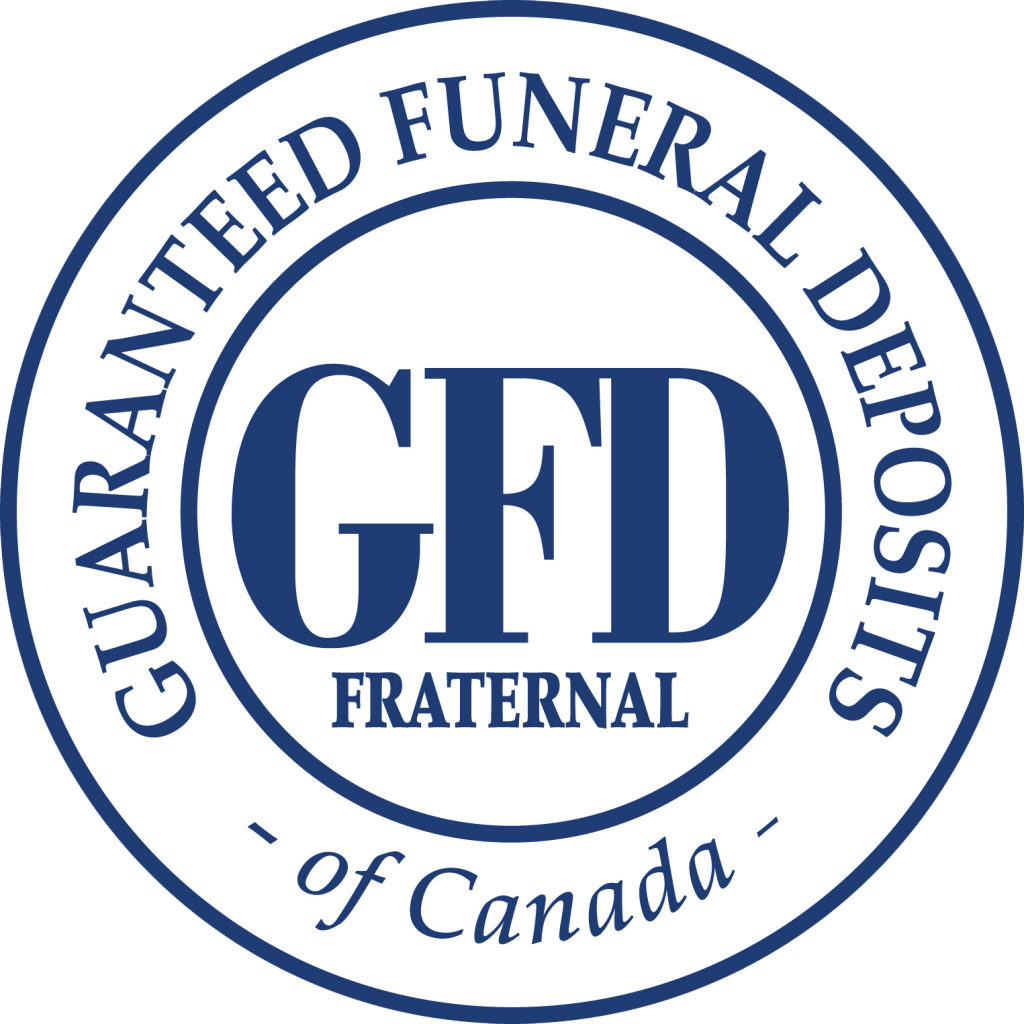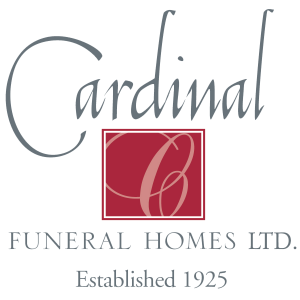As you build your personal funeral plan with Funerals Made Easy, the value and cost of the casket or container at a funeral home in Canada you select will depend on several Key Factors:
- Type of material used in construction – either wood or metal
- Type of Interior materials – from plush velvet to crepe to basic cloth
- Quality of workmanship
- Designated purpose (burial or cremation)
- Funeral home price structure
Type of Material Used in Construction
To start – let’s focus on Wood caskets or containers. Wood caskets can range from $800 for a solid Poplar casket to $12,000 for a solid Mahogany casket with a velvet interior. Cremation containers range from $195 for a direct disposal box to $12,000 for that same solid Mahogany casket for cremation. As a consumer, if your preference is for a wood casket, you should understand the value differences and select the casket that best serves your service needs, your wants, and your budget.
Wood caskets can be divided into the following broad categories:
Solid Hardwood – constructed from species such as Oak, Ash, Poplar, Cherry, Mahogany, Pecan, and Cedar. For example, these caskets would be described as Solid Cherry or Solid Poplar.
Veneer Wood – constructed using a limited amount of species-specific wood and possibly other materials such as plywood or particleboard covered with a wood veneer application. These caskets would be described as a Poplar Veneer.
Cloth-covered – constructed primarily of plywood, particleboard, or fiberboard covered with cloth in a variety of colors.
Basic Container – constructed of poplar hardwood, plywood, particleboard, fiberboard or cardboard typically used for cremation with no viewing or service.
Next let’s take a look at metal caskets, which are suitable for burial, but not suitable for cremation. Caskets made of metal are typically more durable than wood caskets. Some metal caskets use a rubber gasket to help prevent outside elements from entering the casket. The gasket does not slow down the decomposition process.
Metal caskets are most commonly divided into the following categories:
Semi-Precious – typically constructed of 64 oz. bronze or 32 oz. copper and recognized for their durability.
Steel – typically constructed of 16-gauge, 18-gauge, and 20-gauge steel. The gauge of steel represents the thickness of the steel used in construction; the smaller the number, the thicker the steel. Caskets made of stainless steel are also available.
Metal caskets can range in price from $2,000 for a 20-gauge painted steel casket to $10,000 for a bronze or copper casket with a velvet interior.
Casket Interiors
In addition to the casket’s exterior construction, the price of the casket is impacted by its interior. More expensive caskets have a plush velvet interior, while more inexpensive models have crepe or linen interiors. You can also add customizations to the interior.
One of the most popular ways to customize the interior is with embroidered panels that are placed inside the casket lid. These panels can reflect the deceased’s love for a particular sports team, hobby, or military affiliation. In the end, the greater the customization, the greater the cost will be.
Quality of Workmanship
Although the casket’s primary materials play a larger role, a casket’s design still impacts its cost. An intricately-carved hardwood casket will cost more, for example, than a plainer hardwood casket. You can find caskets that are relatively plain or more detailed. The more detailed the carving or exterior finish on the casket, the more expensive you can expect the casket to be.
Designated Purpose
Caskets and containers that are manufactured for cremation feature a simpler design and as a result are lower in price. Caskets that are intended for burial have a more ornate design and offer more features. As a result, they typically are higher in cost.
Funeral Home Price Structure
Like other retail operations, funeral homes add a profit margin (or markup) to the products they sell. The percentage or amount varies by the funeral home. Some firms have a small markup and may price their services a little higher. Other firms may have a larger markup and the cost of the services they perform may be lower.






